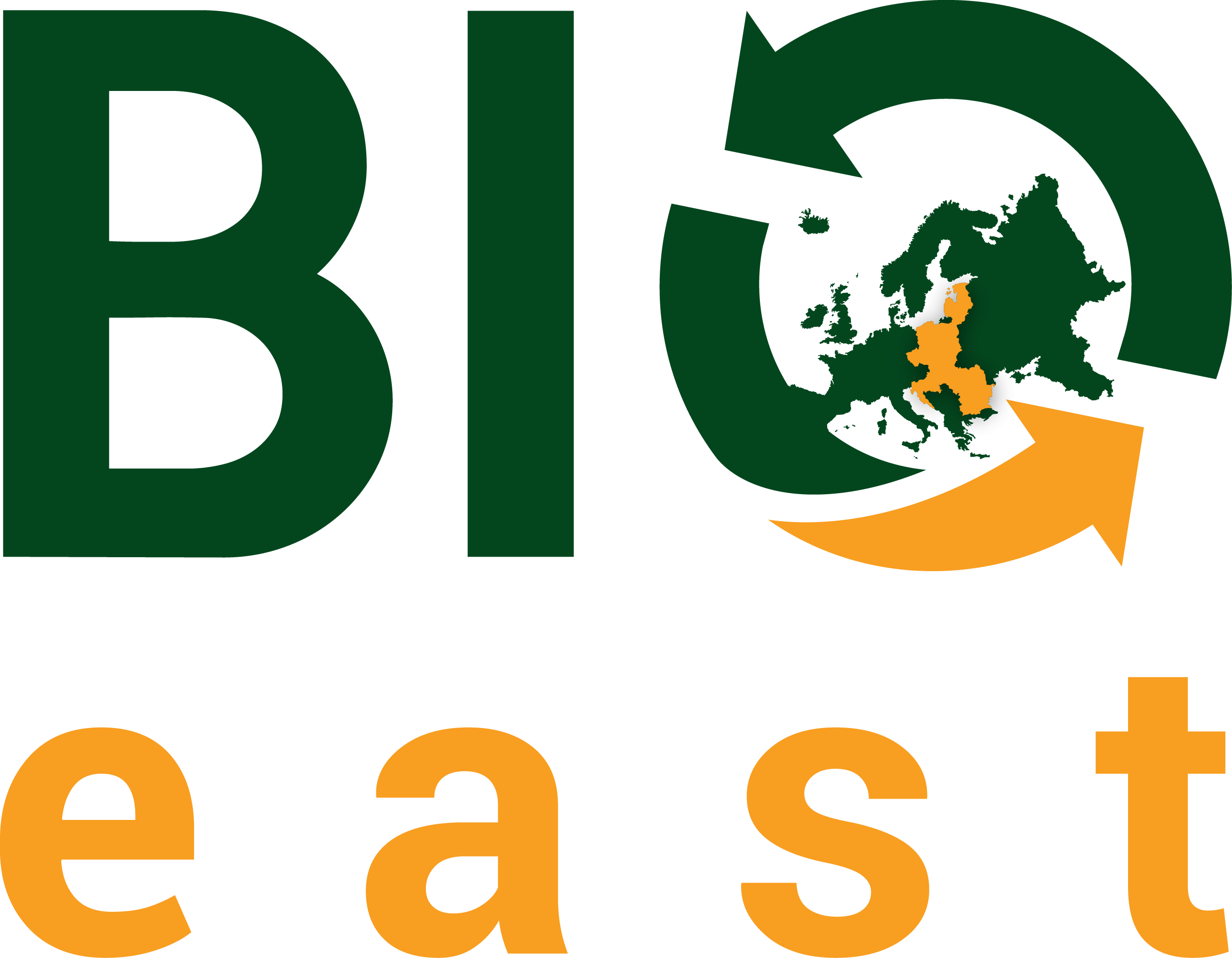The Central-Eastern European Initiative for Knowledge-based Agriculture, Aquaculture and Forestry in the Bioeconomy (BIOEAST) launches a comprehensive Strategic Research and Innovation Agenda (SRIA).
Through this Initiative, the 11 countries have set a vision for 2030 to develop knowledge and cooperation-based circular bioeconomies. Initiative’s vision draws a picture of the BIOEAST region in 2030 as ‘a network of cooperating bioeconomy clusters combining conventional (bioeconomy) industries with innovative bio-based technologies’.
The Initiative has identified a stalemate in the bio-based value chains as one of its main challenges that hinders more effective use of biomass in the traditional value chains, as well as the utilisation of opportunities in innovative ones. At the same time, the BIOEAST region is characterized by research and innovation deadlock in the form of poor research, development and innovation (RDI) infrastructure and weak links between industry and academia, which result in limited uptake and deployment of research results into practice.
Therefore, the BIOEAST SRIA is setting a roadmap to tackle the double challenge of innovating bio-based value chains through better targeted and more effective RDI at the EU and national levels.
The initiative has established seven thematic working groups (TWGs) in order to strengthen the European Research Area, to create synergies between the different countries’ policy makers and researchers, to organize science-policy discussions, to assess research and innovation needs and to connect relevant organisations in the BIOEAST macro-region (public administration, RDI organisations, industry and education) to the EU bioeconomy networks. The TWGs are focusing on the following core thematic areas: agroecology and sustainable yields; food systems; forestry value chains; bioenergy and new value-added materials; advanced biochemicals and biomaterials; freshwater-based bioeconomy; and bioeconomy education and skills.
In each of the core thematic areas, the BIOEAST SRIA outlines the main challenges, research areas and expected outcomes. In order to achieve the BIOEAST vision by 2030, it is crucial that the bioeconomy relevant development, research, innovation and educational programs at the EU and national levels align with the BIOEAST SRIA recommendations. The SRIA development process was supervised by the Initiative’s member ministries, advisory council and TWGs, which comprise actors from public sector, academia, as well as from business sector. The SRIA draft went through regional public consultation workshops that were held in Ljubljana, Tartu and Warsaw in autumn 2022.The first public presentation of the BIOEAST SRIA took place on the BIOEAST Congress held on 15-16 March 2023 in Warsaw.
https://bioeast.eu/download/bioeast_web-pdf/
https://bioeast.eu/download/bioeast_summary_web-pdf/
